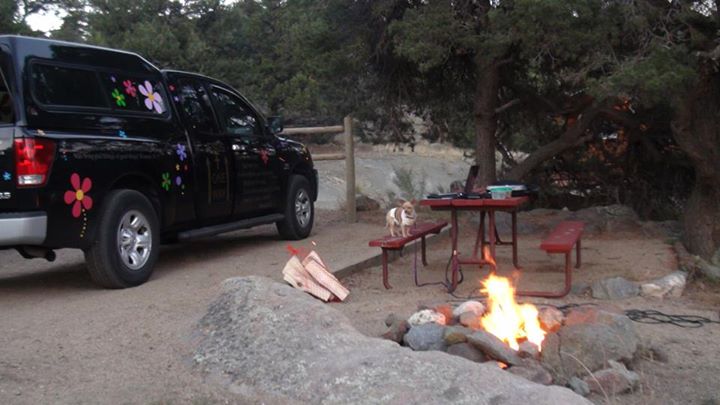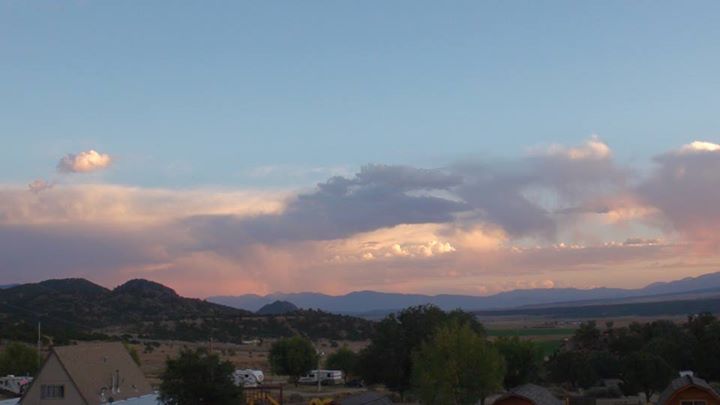
Sunday, 20 October 2013
For if God did not spare the natural branches, He may not spare you either. Romans 11:21
The olive tree symbolizes much about Israel. It remains green throughout the year which pictures God’s eternal and enduring faithfulness to His covenant promises. Its fatness can be interpreted as the great privileges and honors of being Israel. No other nation has ever been so blessed; no other people have endured and prospered as they have. When cut down, the olive tree will sprout again out of the stump, just as Israel has been cut down and re-sprouted on several occasions. The symbolism of the olive and of Israel goes on in many other ways, all showing us the tie between God and this select group of people.
They are termed by Paul “the natural branches.” This is an indication that they are the select and cherished group of people who are God’s “special treasure” (Deuteronomy 7:6). Through them God displayed His glory in the parting of the sea. Through them came the Law, given at Sinai. To them was given God’s special and chosen portion of land. Through them came the oracles of God, and through Israel came the Messiah, the Lord Jesus. With all of this history, heritage, privilege, and honor one would think that Israel would be safe from judgment. But such isn’t the case. Their failures and rejections of God and His word and of His Son, led to them being broken off branches.
Because God looked upon this special group of natural branches and deemed that they were to be broken off, Paul warns the gentiles, “He may not spare you either.” If the natural branches can go, how much more easily can the unnatural branches be broken off? Paul hands the gentiles a sobering reminder of their tenuous position. We have been grafted in and we can be cut off again.
Unless one dismisses the doctrine of “eternal salvation,” the only logical conclusion is that these verses (as noted in the Romans 11:22 commentary) are speaking of Israel as a group, not as individuals. Not all Jews had or have been cut off. Rather, the majority which speaks of the whole were broken off. In like manner, Paul must be speaking then about the majority, not the individual, concerning gentiles. In other words the term “He may not spare you” is not speaking of a loss of salvation, but a loss of overall status – the primacy of the gentiles during this dispensation.
Life application: We stand in Christ because of the work of Christ. Let us not forget that He did all the work so that we may receive the many blessings of God in Christ. Be ever-thankful for the greatness of the work of Jesus!
With empty hands and a grateful heart I come before You O God. There is nothing that I have done which has allowed me to enter into Your presence. I know that only the work of my Lord brought me here. Thank You for Jesus, thank You for the cross, and thank You for the gift of Your Holy Spirit. I will sing Your praises for all eternity for the wonderful goodness You have bestowed upon me. Hallelujah and amen!




